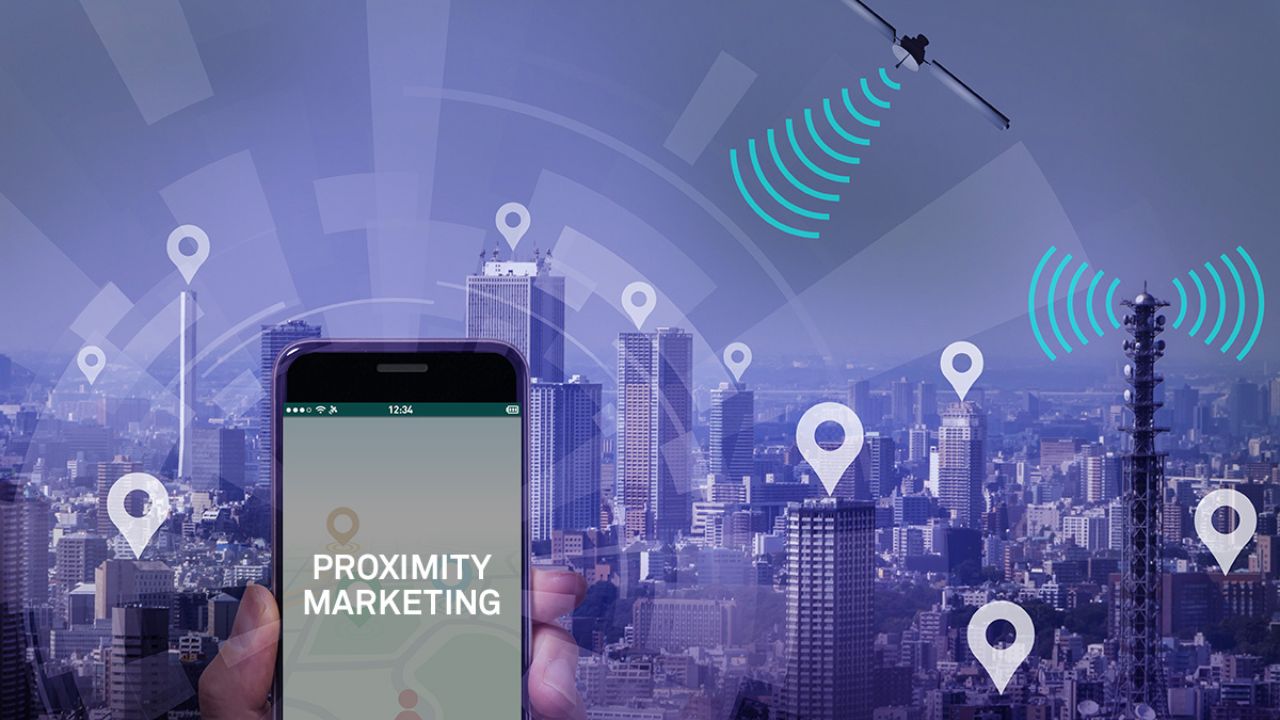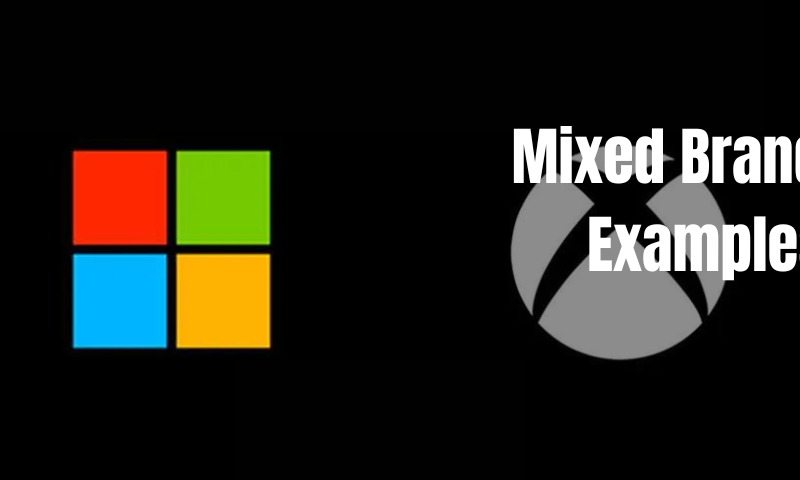
Proximity Marketing: Advantages and Disadvantages
In the age of wireless technology, people are more engaged with the mobile and people love those things that are personalized. In proximity marketing gives that personalization feel to digital marketing campaigns.
Proximity marketing is one of the most popular marketing techniques of the past years, and its increase in popularity has attracted not only the attention of marketers and industry professionals, but also that of organizations and customers from all over the world, as the services it provides are modern, intuitive, highly-efficient, and in most cases, cost-friendly. With proximity marketing, customers get a personalized and fruitful relationship with their favourite brands, and companies increase their sales, boost marketing ROI, and achieve excellent results in terms of brand loyalty.
Advantages of Proximity Marketing
Keeping in mind the popularity it has garnered, more companies are going for proximity marketing, one must be aware of the range of benefits it has! Let’s have a look:
Increased brand awareness:
As proximity marketing is still in its beginning stage, retailers who choose to use it can garner a lot of attention.
Engaged users:
Proximity marketing is unique from some other digital marketing opportunities because it’s permissive. In most instances, users give the app their consent prior to receiving push notifications. That means that each notification is more like contacting a warm lead than a cold call.
Higher conversion rates
It is estimated that 57% of consumers are likely to engage with location-based advertising. If the target audience is asking for it, it can be assumed that it will be a sure-fire way to gain a bigger following. And, as this marketing moves with consumers, brands are notifying an audience who is already motivated to buy.
An automated edge:
Proximity marketing doesn’t require much effort from store personnel. It’s automatic; technology does the major work. That frees up the employees to work on in-store customer service while beacons get them in the door.
Insights on purchase behaviours:
One highly valuable aspect of proximity marketing is the data it creates. Marketers are essentially getting a purchase map from the consumers in the store. One can see what drives the consumers to buy, whether it’s discounts, informational videos, or interactive campaigns. This allows brands to adjust future strategies accordingly.
Retains existing customers:
Since customers need to download an app, or opt into proximity marketing efforts another way, your marketing campaign will probably focus on existing customers. This is an advantage, not a drawback. Retaining customers is less expensive than acquiring new ones, since returning customers’ purchases are not offset by customer acquisition costs.
Creates a personalized customer experience:
Customers want a personalized experience from the brands they love. Research shows that 84% say that a personalized experience is key to winning their business. Sending info and deals related to a product just as customers are checking it out ticks that box handily. And with the data collected, marketers can easily send hyper-personalized offers to individual customers, like coupons for products they purchase most, or products they investigated but didn’t buy.
Disadvantages of Proximity Marketing
However, on the flip side, marketers also must consider the disadvantages that need to be kept in mind.
Conversion issues:
While consumers download a large number of apps, they don’t use a majority of those apps regularly. It’s estimated that an app can lose as many as 90% of its active users in the first 30 days. The focus on engaged daily users, as opposed to simple downloads, is a far more important metric as a sales driver.
Management complexity:
Proximity marketing is a specialty form of marketing that not every company can manage. It requires the right hardware and programming as well as an expert to monitor it.
Privacy concerns:
Once marketers have obtained customer data, they are responsible for its safekeeping. As proximity marketing captures a high level of personal user data, to include purchase behaviours, banking information, their location, and other individual details, this data could be highly desirable for cyber criminals. Companies need to be prepared to not only store but also strongly protect this data.
Proximity marketing provides a unique way to personalize and target the marketing efforts. This is because it’s focused on customers who are already near the place of business, proximity marketing appeals to those most likely to make a purchase. Marketers can even hyper-target campaigns based on the products customers investigate and approach just like how the top advertising agencies function .



